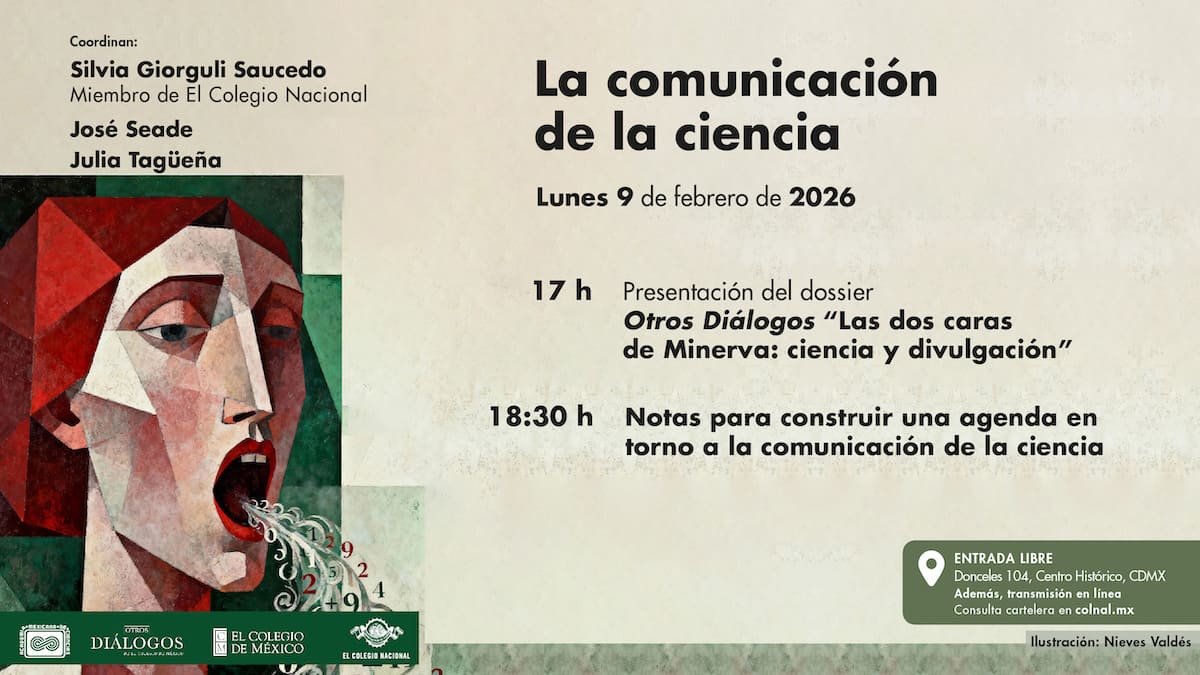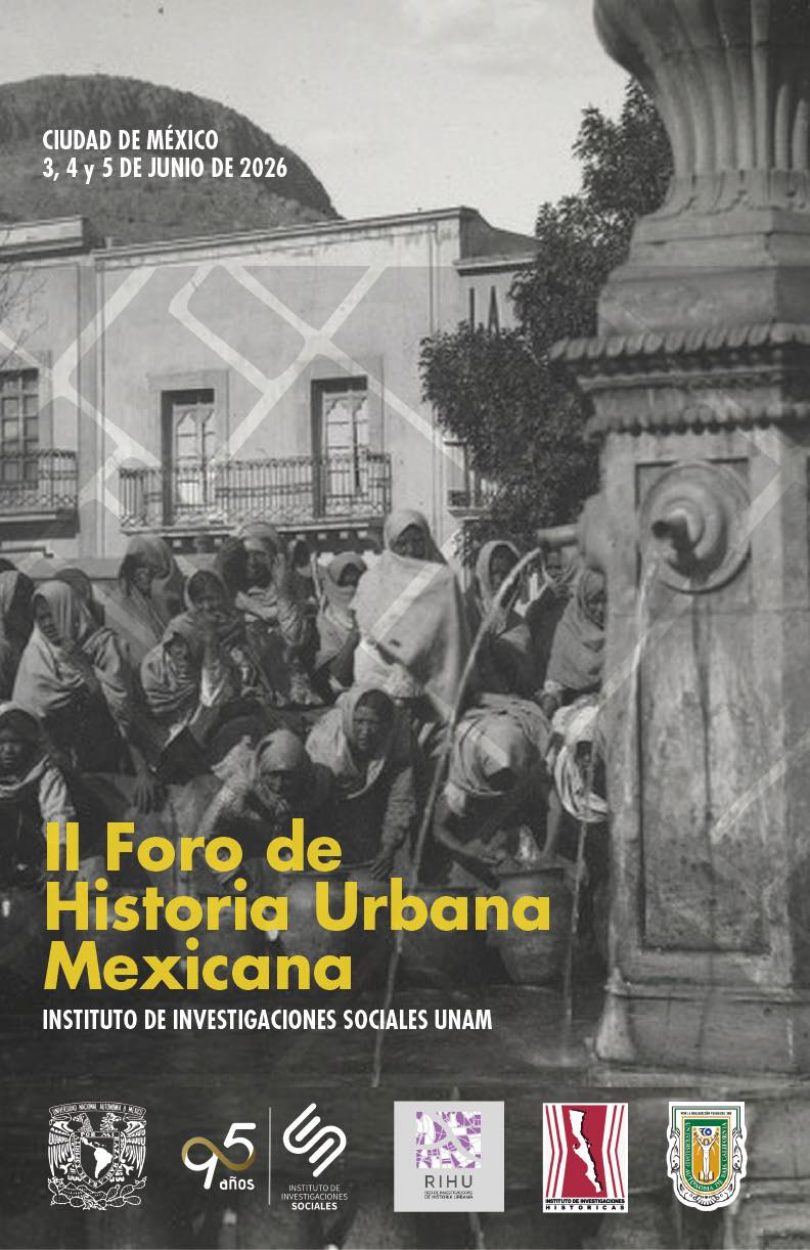Revolution and counterrevolution in the Middle East
Partecipazione&Conflitto
Revolution and counterrevolution in the Middle East and North Africa
Guest Editors:
Paola Rivetti (Dublin City University, Ireland)
Francesco Cavatorta (Université Laval, Canada)
Call for Papers
As persistent waves of protests continue to occur across the Middle East, from Lebanon and Iraq to Iran and Egypt, this special issue brings together contributions reflecting on the past, present and future of the social movements, activists’ networks and infrastructures for political mobilization which inhabit the region and are behind the protests. More specifically, the special issue interrogates the mobilization cycle in the region and its enabling infrastructures. We understand the contemporary protests as part and parcel of a longer cycle of contentious and revolutionary politics that began in the early 2010s, notably with mobilizations in Tunisia and Egypt. The protests spread across North Africa, the Gulf and the Middle East, shaping different strategies of political grassroots organizing depending on national/geographical peculiarities, ranging from revolutionary local committees to the establishment of autonomous neighbourhood units. Counterrevolutionary forces operated to stop the revolutionary surge with a number of different outcomes ranging from military responses (Bahrain, Yemen, Libya and Syria, at different stages) to top-down pre-emptive reforms (Morocco, Saudi Arabia) and state repression (Egypt, Iran).
The current protests seem to mark yet another phase. As international rivalries have been soaring and regional alliances have retrenched, becoming more confrontational since the beginning of 2020, one would expect to see social movements being quickly dealt with, as a price to pay for international tensions. However, despite an international climate favourable to the return of authoritarian practices to deal with domestic challenges, the current situation in Iraq, Algeria and Lebanon speaks to the ability of movements to “inhabit” and take advantage of the contradictions of contemporary neoliberal governance and geopolitical rivalries. What is the significance of such resilience for longer global revolutionary and counterrevolutionary cycles? What are its regional characteristics specifically, which make the current mobilizations in the region distinct, yet connected in terms of demands, from protest cycles elsewhere (i.e. Chile)?
By moving the analytical gaze away from the perceived centre of contentious politics (social movements in Europe), this special issue seeks country-focused as well as comparative contributions on the following topics, among others, analyzed at the macro, meso and micro-level:
- The intersection between geopolitics and social movements in the MENA (Middle East and North Africa) region;
- Protests and regionalism: is there a specificity to MENA mobilisations?
- Protests and neoliberalism: how do neoliberal economy and governmentality penetrate critical social movements? How do social movements/activists/organisers subvert neoliberal mentality?
- The radicalization of the protests: while in the 1990s and 2000s electoral politics represented a clear option for many opposition and dissenting movements, today the slogans resonating from Cairo to Tehran call for a dismissal of a whole political class and elite. How can we explain this?
- Historical parallels useful to understand the contemporary phase of revolutionary/contentious politics in the region;
- Mobilization strategies and resources; protest’s social and economic composition; protesters’ demands and their evolution;
- The ideological sources and the future perspectives: reforms or system change?
- Transnational protest resources and activists’ learning process: what networks have enabled the circulation of revolutionary ideas and practices across the borders?
- The future of the nation state and capitalism in the region: can the nation state and capitalism be reformed to meet the demands of the protesters?
- The role of emotions in igniting/defusing mobilizations;
- The role of pre-existing solidarity networks (kinship, families, neighborhoods, etc);
- Environmental struggles and the role of mobilizations confronting extractive industries;
- The role of feminist identities in mobilizations;
- Protests, space and the urban/rural divide;
- Protests and the arts.
Publication Schedule:
- Submission of long abstracts: 1 April 2020
- Submission of full articles: August 2020
- Internal feedback: October 2020
- Resubmission: December 2020
- External peer reviewed feedback: March 2021
- Submission of revised papers: May 2021
- Publication of the special issue: July 2021
Articles should be no longer than 8,000 words, including notes and references. A maximum of 10 articles will be published.
Long abstracts (800-1,000 words) must be sufficiently detailed to allow the editorial board to assess them. They should include:
(1) A description of the topic and research question(s),
(2) The theoretical framework,
(3) Empirical data, time frame and research methods,
(4) Findings and theoretical implications.
Abstracts lacking this information will not be considered.
Proposals and papers should be sent
to francesco.cavatorta@pol.ulaval.ca and paola.rivetti@dcu.ie
PArtecipazione e COnflitto is a quartile two, Scopus-ranked International journal of sociology. We publish three issues per year. PACO is ranked CLASS A by the Italian Academic Research Evaluation Agency (Anvur) in disciplinary area 14 (Social and Political Sciences). It ranks as 18th in the world ranking of open access scientific journals in Sociology and Political Science.
Te puede interesar
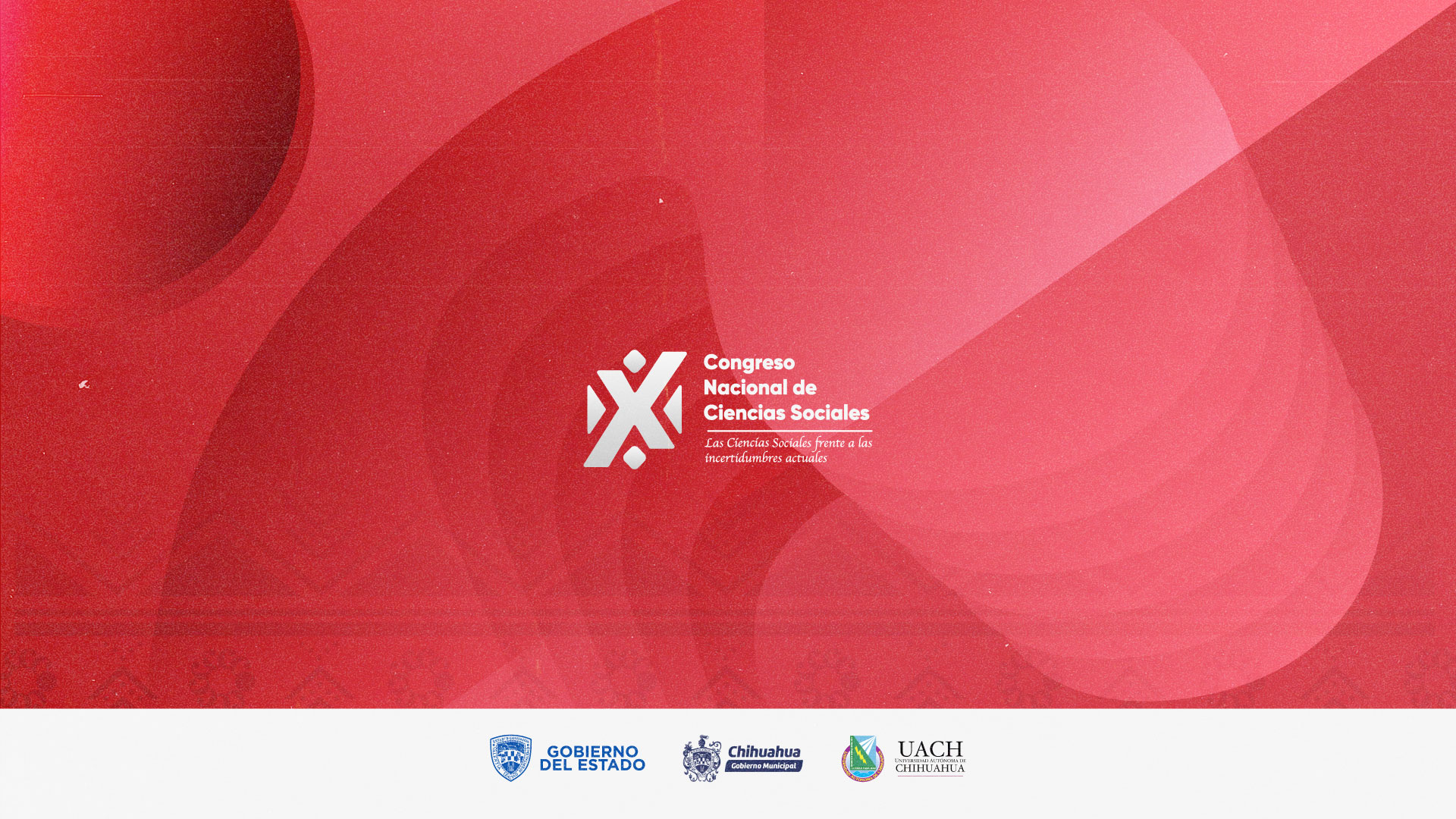
Hoteles con convenio | X Congreso Nacional de Ciencias Sociales
Laura Gutiérrez - Ene 28, 2026X Congreso Nacional de Ciencias Sociales Las Ciencias Sociales frente a las incertidumbres actuales del 23 al 27 de marzo…

Convocatoria Feria del libro
Laura Gutiérrez - Ene 07, 2026FERIA DEL LIBRO X CONGRESO NACIONAL DE CIENCIAS SOCIALES “Las Ciencias Sociales frente a las incertidumbres actuales” INVITACIÓN Información general…

Memorias del IX Congreso Nacional de Ciencias Sociales
Roberto Holguín Carrillo - Jul 02, 2025IX Congreso Nacional de Ciencias Sociales Las ciencias sociales y los retos para la democracia mexicana. Realizado en el Instituto…
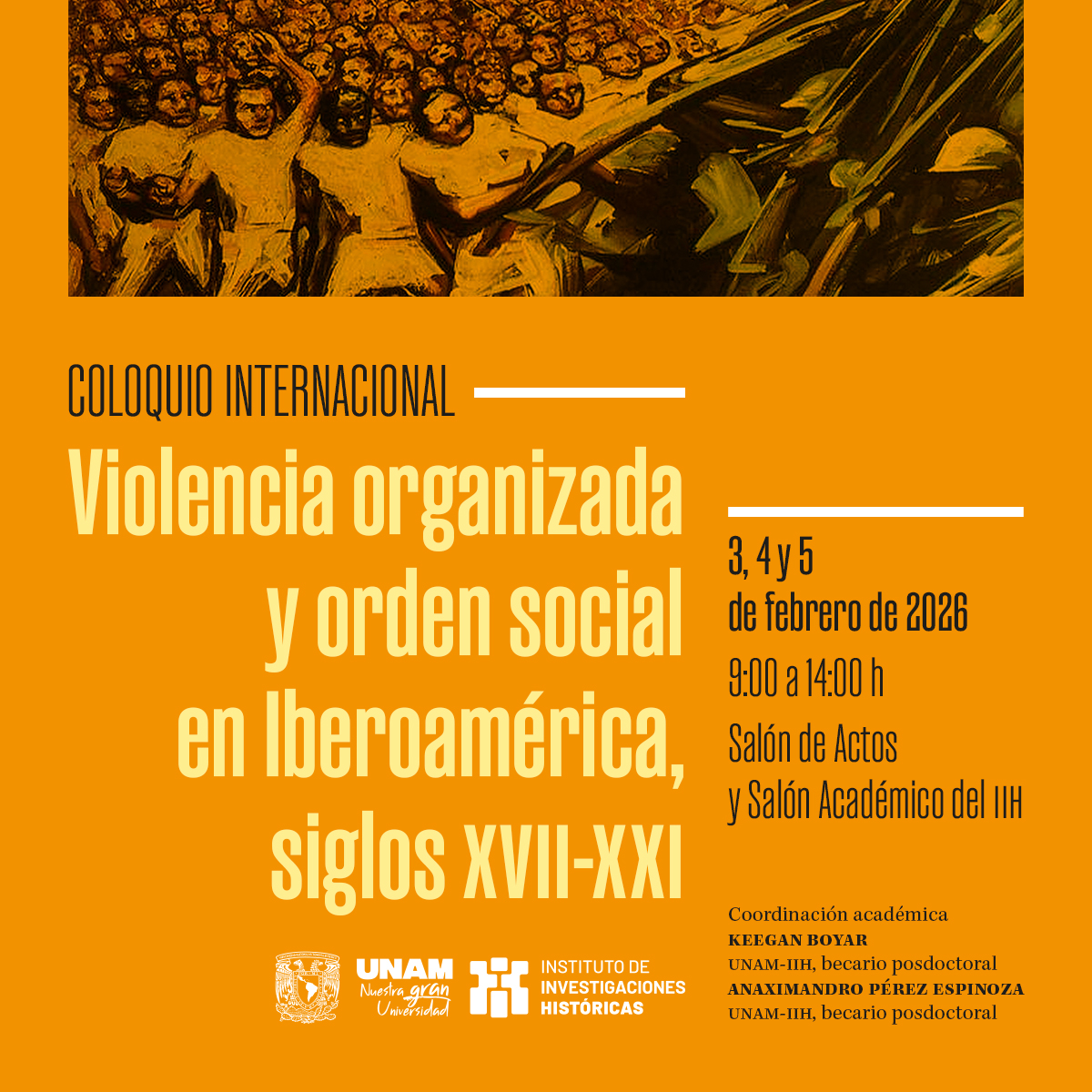
Violencia organizada y orden social en Iberoamérica, siglos XVIII-XXI
Laura Gutiérrez - Ene 30, 2026UNIVERSIDAD NACIONAL AUTÓNOMA DE MÉXICO Instituto de Investigaciones Históricas PAPIIT IN404224 Procesos de militarización en Hispanoamérica durante la era de…
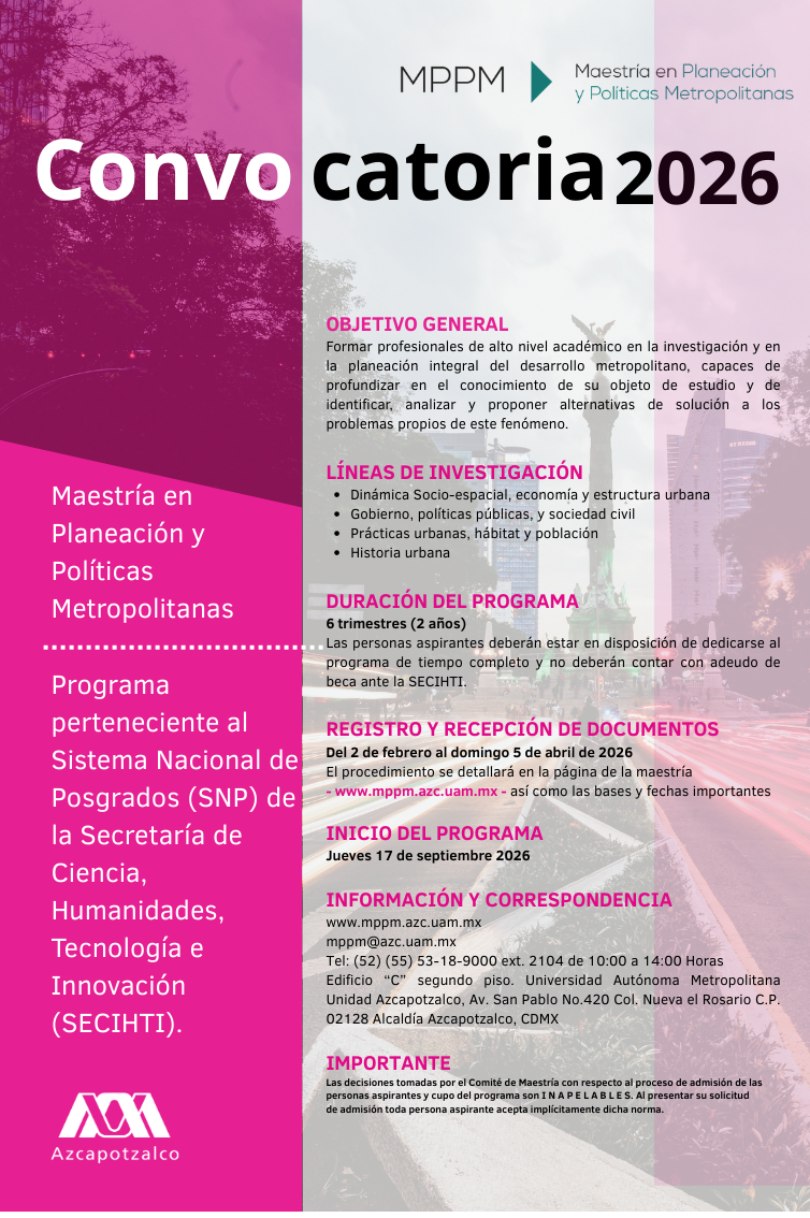
Maestría en Planeación y Políticas Metropolitanas
Laura Gutiérrez - Ene 29, 2026Universidad Autónoma Metropolitana, Unidad Azcapotzalco División de Ciencias Sociales y Humanidades Maestría en Planeación y Políticas Metropolitanas Convocatoria 2026 (Generación…
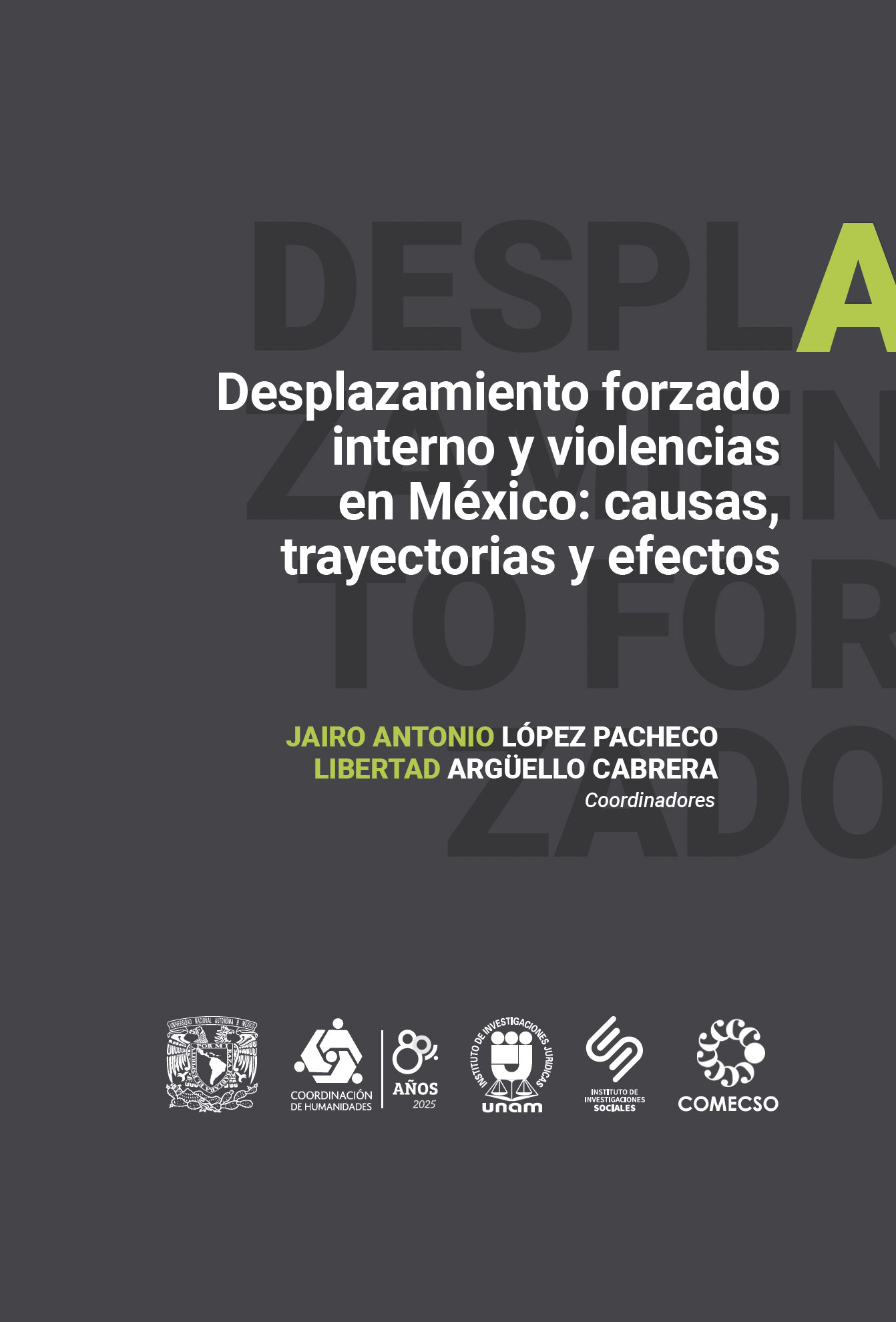
Desplazamiento forzado interno y violencias en México
comecso - Ene 28, 2026Desplazamiento forzado interno y violencias en México: causas, trayectorias y efectos Jairo Antonio López Pacheco y Libertad Argüello Cabrera Cooridnadores…






